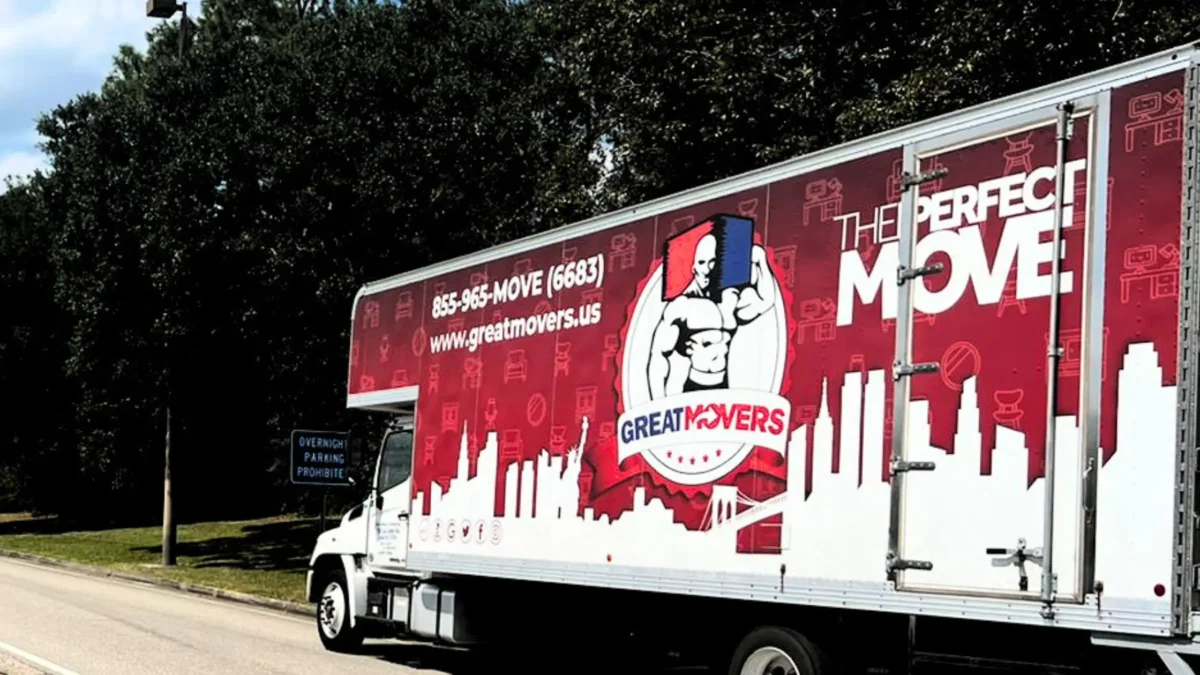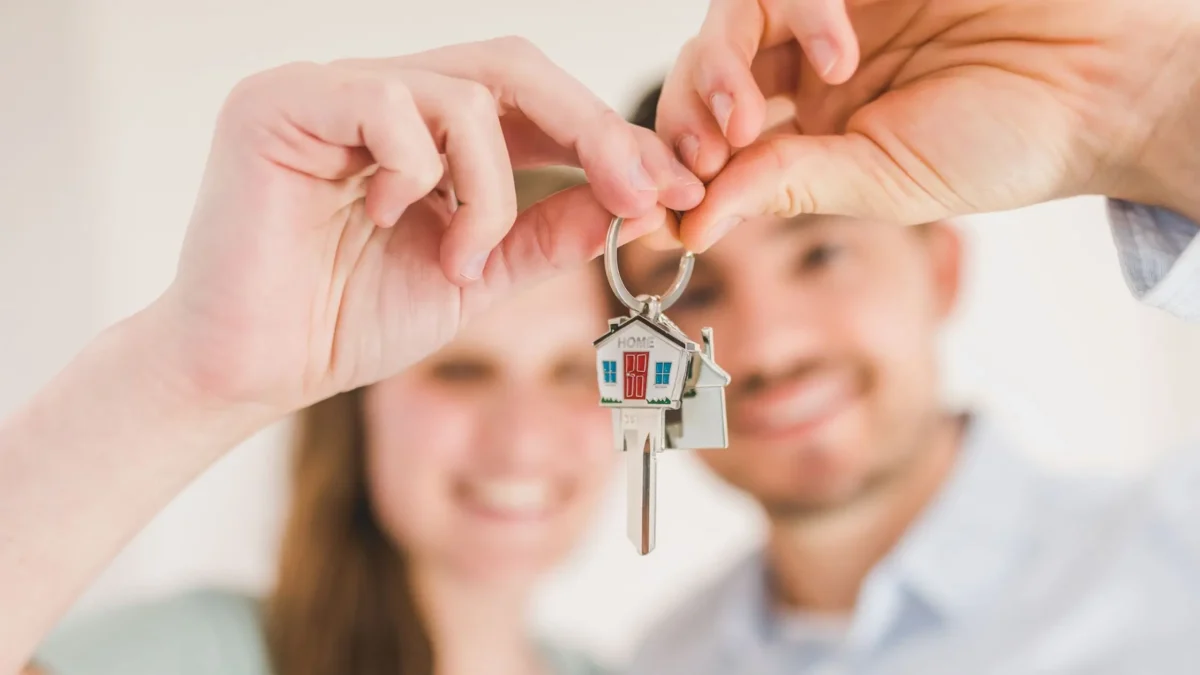While mortgage rates might have leveled off, housing prices are still going up in New Jersey, especially in locations where people can easily commute to NYC or Philadelphia. Since 2012, New Jersey’s overall population has increased by 4 percent with some locations growing by more than 20 percent! Of course, the cost of houses in these popular areas are also going up significantly. Before the prices get too out of control, you might want to consider looking at these New Jersey towns.
Westwood
Known as the Hub of the Pascack Valley, Westwood offers easy commutes to New York City. In fact, you have multiple forms of public transportation to choose from. Hop on the NJ Transit line at Westwood station to get you to Penn Station or transfer at the Hoboken Terminal for access to other transportation options including the PATH, New York Waterways, or the Hudson-Bergen Light Rail. You can also catch a NJ Transit bus that will take you to Port Authority Bus Terminal.
But you don’t need to leave Westwood to enjoy some amenities. The Downtown area is a regional hub that offers plenty of shopping and dining options. Go to Westwood Cinema and enjoy a movie or check out Fritz Deitl Ice Rink to brush up on your ice skating. Otherwise, go to the community center to check out the many events happening throughout the year.
While Westwood is by no means cheap, it is more affordable in comparison to its neighbors. Median home prices are around $650,000 and expected to go up in the next few years.
Barnegat Township
Located along the Southern shore of New Jersey, Barnegat Township population has steadily grown since 2000. This is due in part to the town’s focus on building 55-plus housing. In fact, two of the largest builders in this field – Lennar and D.R. Horton – have constructed nearly 600 age-restricted luxury homes, adding to the already 3,000 homes available. Besides 55-plus housing, the town is also building certain areas along the waterfront to encourage more professionals and young families to move in.
This is a great town if you love the outdoors. Even with all the new construction, the area still has a fairly rural feel with the majority of the township being taken up by the Manahawkin Wildlife Management Area to the east and Greenwood Forest Wildlife to the west. Both locations offer extensive hiking trails, making it perfect for those who want to enjoy some nature. Manahawkin is one of the few remaining salt marsh and transitional woodland coastal habitats in New Jersey. On the other hand, Greenwood Forest is the largest tract of land preserved by the NJ Division of Fish and Wildlife with over 95,000 acres.
So long as you don’t try to get a home close to the water, you can easily find a nice home here for under $400,000.
Griggstown
At just under 50 miles away from NYC, Griggstown is in that sweet spot where it’s a bit too far away to be considered an easy daily commute to NYC but just close enough to still have access on the weekends. As such, it’s not seen as an attractive option for people who want to work in NYC, but it’s definitely a great place for young professionals and families as the town is very safe and, for those with kids, great schools!
When it comes to activities, Griggstown is perfect for the outdoor enthusiasts. Enjoy a scenic walk along the Princeton Highlands/Griggstown Native Grassland Preserve Trail. It’s a lovely trail during all seasons and you get to enjoy a shallow wading brook if you head south or a wide open meadow if you head north! If you prefer a more structured outdoor activity, Griggstown is home to the Bunker Hill Golf Course where you can practice your swing. After a game, head over to Griggstown Farm to buy some seasonal produce.
Griggstown is a great area and as such has a pretty high price with homes selling for almost $500,000. But, if you want to live in a quiet area but still be close enough to a big city, it’s a great option.
Hackensack
While it might not be the most populated city in New Jersey, Hackensack is the most populous municipality in Bergen County with a population of over 45,000. As such, it’s a great place for people who want to have ‘city’ amenities without paying city costs. And, at just under 15 miles away from New York City, it’s the perfect place for young professionals to move to if they want to save some money.
Hackensack is served by three train stations on the NJ Transit Pascack Line with two of them going to Hoboken Terminal. There are also multiple buses that take you to Port Authority Bus Terminal and still more that take you to other major hubs such as Newark and Jersey City. Downtown Hackensack has plenty to offer from delicious restaurants to bars and clubs. If you want to relax a bit, you can enjoy views of the Hackensack River at Foschini Park.
Despite all of these perks, Hackensack is pretty affordable with home prices averaging under $350,000, that is if you can find it. Hackensack has more renters than homeowners, and average rents are high with one bedroom apartments going for around $2,200.
Bayonne
Bayonne has become more popular as Jersey City continues to grow and expand. With more affordable housing and rent, Bayonne is attracting young professionals who don’t mind commuting a little longer for work. As such, the area has seen a huge growth in restaurants, bars, cafes, retail shops and more! It’s a perfect place for young professionals who want to stretch their dollar.
Despite its proximity to NYC, Bayonne was not on many people’s radar until around the early to mid 2000s due to it being designated as an Urban Enterprise Zone. This allowed businesses to hire locally while also encouraging shopping thanks to the reduced sales tax. Thanks to this, more businesses started moving to the area and now there are over 200 businesses that make up the Bayonne Town Center. The revitalization of the downtown area, Bayonne has brought back popular attractions including the Bayonne Hometown Fair which was revived in 2015.
Home prices and rents are expected to increase, especially once a ferry terminal gets built, but for now you can find houses for under $450,000 and one-bedroom apartments renting out for under $2,000. Prices won’t stay this low though as more people realize how convenient the area is!
Prepare for Your NJ Move
Whether you choose the locations listed above or find a place that suits your needs better, NJ Great Movers is here to help with your transition. Our trained team can walk you through the process so you get a better understanding of what we offer and what you need. From there, we’ll make the move as easy and stress-free as possible. So reach out to us for your free estimate!

